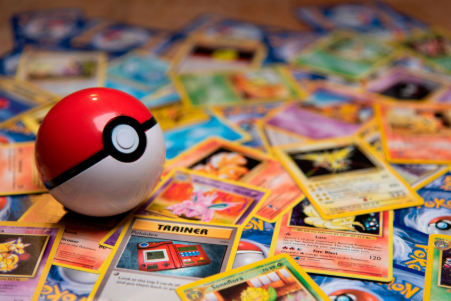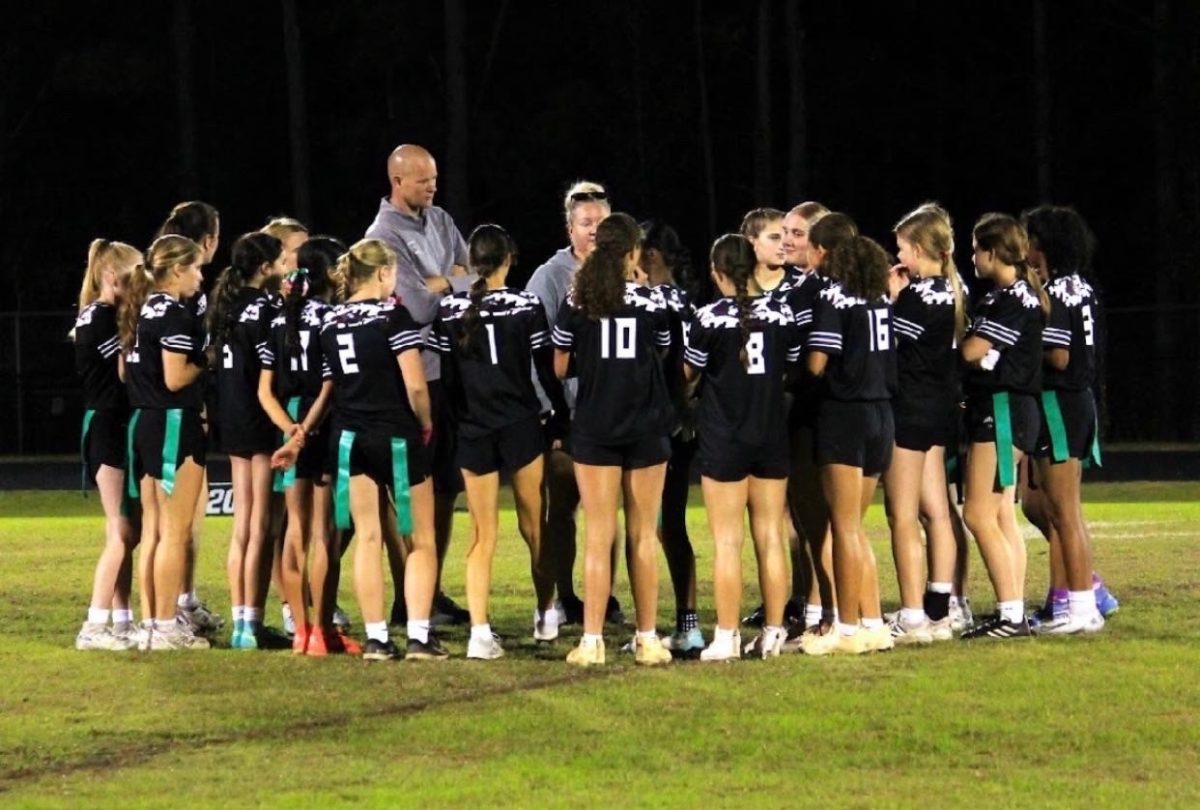Felicity Falcon: Academic fallout
Knowing how to manage academic stress can decrease stress among students.
March 14, 2023
Hello Falcons! With the second semester slowly coming along, Felicity Falcon is back to give you advice on academic-related questions to help you manage your life at school!
How do I get over an academic fallout?
An academic fallout often occurs due to a recurrence of low grades or demotivation. In order to get over one, you must first change the way you perceive your situation. If you go into a fallout with a negative mindset, overcoming it will be much harder.
One crucial factor to help manage academic fallout is time to yourself. This specific time should be set aside for you to give yourself a breather or a change in pace within your schedule. Whether it’s focusing on the things you most enjoy or putting your time towards self-care, this is a crucial step in getting over a fallout. From there, there are a multitude of ways to go about overcoming it.
- Get a change of scenery: Reorganize your desks. Tidy up your workspace.
- Ask for help: From counselors, teachers, friends or family members. Having a secure support system makes it easier to overcome.
- Find motivation: Learn something new you are genuinely interested in, this does not have to be academic related. When doing so, allow yourself to make mistakes and to be willing to do things you have never done before.
- Prioritize active learning over grades
- Learn from your mistakes: Identify why you got into a slump in the first place and learn how to better manage one in the future
- Don’t compare yourself to others’ academic experiences: A person is so much more than their academic transcript and by being aware not only are you mentally saving yourself from a negative mindset, but you’re also saving others from it as well.
How do I balance academic life with extracurriculars?
Academics paired with extracurriculars can often cause an overload of work especially if you’re unsure of what to prioritize first. The best way to create a balance between the two is to plan them out from the start, prioritizing whatever is more important to you.
For starters, you want to consider the level of classes you’re taking along with the number of extracurriculars you are interested in. Typically students with heavier academic workloads have less extracurriculars, while students with a more balanced academic schedule aim to have more. This is primarily based on the number of hours you plan to spend in those specific activities, several excess hours may be required depending on the extracurricular you are choosing. As such, prioritizing one over the other to help balance both will create a less overwhelming schedule. A balanced academic-extracurricular schedule should also include freetime, but the effort put into academics and extracurriculars would go to waste without the proper rest needed to put your 100% into both activities. If you are ever unsure about your schedule, talk to your counselor, friends or family members to help plan your specific schedule.
How do I avoid oversleeping?
The best way to avoid being late to school is to prioritize the amount of sleep you get each night. Highschoolers need at least eight hours of sleep, however getting between 8-10 is just as good. Finding a secure way of transportation and figuring out what kind of morning alarms work best for you may help you to arrive at school on time more effectively. Some examples of these alarms include your regular sound alarms and light sensitivity alarms. If alarms do not work, having someone else in your house to wake you up is just as effective to ensure you do not arrive late to school.
Whether it’s academics, friendships or relationships, Felicity Falcon has you covered! If you would like to request an advice column feel free to drop us questions in our box in the 200’s lockerbay or to fill out the google form under our section. Tune in next time for more tips – Felicity Falcon out!












































































